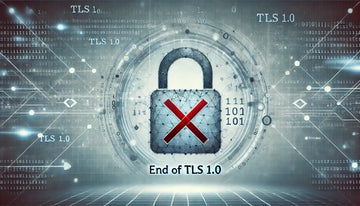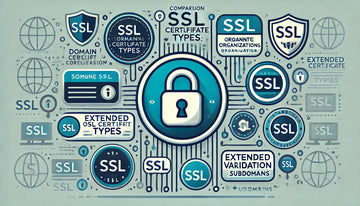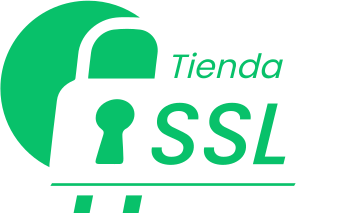Online security is essential in the current digital age, and one of the pillars of this security is the implementation of SSL (Secure Sockets Layer) certificates. SSL certificates ensure that communication between a web browser and a server is secure and encrypted, thus protecting sensitive user information. However, when it comes to obtaining an SSL certificate, questions arise about whether to opt for a free option or invest in a paid certificate. In this article, we will compare the advantages and disadvantages of free SSL certificates and pay to help you make an informed decision about what is the best option for your website.
Free SSL Certificates
Advantages of the Free SSL Certificates:
- Zero Cost: As its name suggests, one of the most obvious advantages of free SSL certificates is that you don't have to pay for them. This can be especially attractive for websites with tight budgets or personal projects.
- Obtaining Ease: Free SSL certificates are often easy to obtain through services and certification authorities (CAs) such as Lets Encrypt. The emission can be automated, which simplifies the process.
- Cash End: Free SSL certificates offer the same level of cash encryption as paid certificates, meaning your users' data will be secure.
Disadvantages of the Free SSL Certificates:
- Lack of Extended Validation (EV): Free SSL certificates generally do not include Extended Validation (EV), which is the highest level of authentication and online confidence. This can influence the perception of the reliability of your website.
- Less Support: Services issuing free SSL certificates can offer a limited level of support compared to commercial certification authorities.
- Frequent Renewal: Free SSL certificates often have a shorter lifespan and should be renewed more often, which may require more time and effort.
Paid SSL Certificates
Advantages of Paid SSL Certificates:
- Extended Validation (EV): Paid SSL certificates often offer Extended Validation (EV), which displays the green address bar on browsers and provides a high level of trust for users.
- Quality Support: Commercial certification authorities often offer excellent technical support and support for the installation and configuration of SSL certificates.
- Wide Option Variety: You can choose from a wide variety of SSL certificates that suit your specific needs, from basic domain validation certificates to organizational validation certificates and EV.
Disadvantages of Paid SSL Certificates:
- Associate Cost: The main disadvantage of paid SSL certificates is the cost. Often, you will have to pay an annual fee to maintain the certificate.
- Validation Process: Validation for paid SSL certificates may be more rigorous and take longer than obtaining free certificates.
- Renovation: Although renewal of paid SSL certificates is generally not difficult, it still requires manual action and an associated fee.
When to Choose a Free SSL Certificate:
- Limited Budget: If you're starting an online project with a tight budget, a free SSL certificate can be a reasonable initial option.
- Personal Use: For personal websites or non-commercial projects, a free SSL certificate can provide the necessary security without incurring costs.
- Automation: If you want to automate the issuance and renewal of SSL certificates, Lets Encrypt and other similar services offer free certificates with this functionality.
When to Choose a Paid SSL Certificate:
- Business or Electronic Commerce: If you have a commercial or e-commerce website, a paid SSL certificate with Extended Validation (EV) can improve user confidence and security perception.
- Requires Support: If you need high-quality support and personalized support for the configuration, a paid SSL certificate usually offers a better level of customer service.
- Compliance Requirements: If your website must comply with specific regulations, such as PCI DSS (Pay Card Industry Data Security Standard) or HIPAA (Health Insurance Portability and Responsibility Act), you may need a paid SSL certificate to meet these requirements.
Conclusions Free SSL or Paid?
The choice between a free SSL certificate and a paid certificate ultimately depends on your specific needs and budget. Both options offer a high level of encryption and online security, but paid SSL certificates provide additional benefits, such as Extended Validation and quality support. For personal projects or websites with limited budgets, a free SSL certificate may be appropriate. However, for commercial websites or those that require a high level of trust and compliance, a paid SSL certificate is usually the preferred choice. The most important thing is that, regardless of the choice you choose, you implement an SSL certificate to ensure the security of your website and the protection of your users' data.














